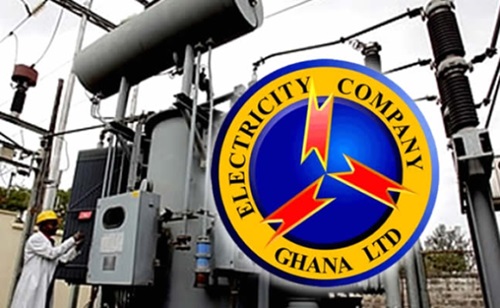- Biden's final UN speech seeks hope amid grim wars in the Middle East, Ukraine, Sudan
- 'Stop ripping us off': Novo Nordisk CEO faces Senate grilling over weight loss drug prices
- China launches probe into Calvin Klein parent over Xinjiang supply chain ‘disruptions’
- Commerzbank board member warns of significant job losses with a hostile UniCredit takeover
- Fed Governor Bowman explains dissent on rate vote, says she's worried about inflation
What do you believe is the single most important factor driving up the cost of living in Nigeria?

New battery cathode material could revolutionize EV market and energy storage
A multi-institutional research team led by Georgia Tech's Hailong Chen has developed a new, low-cost cathode that could radically improve lithium-ion batteries (LIBs)—potentially transforming the electric vehicle (EV) market and large-scale energy storage systems.
"For a long time, people have been looking for a lower-cost, more sustainable alternative to existing cathode materials. I think we've got one," said Chen, an associate professor with appointments in the George W. Woodruff School of Mechanical Engineering and the School of Materials Science and Engineering.
The revolutionary material, iron chloride (FeCl 3 ), costs a mere 1%–2% of typical cathode materials and can store the same amount of electricity. Cathode materials affect capacity, energy, and efficiency, playing a major role in a battery's performance, lifespan, and affordability.
"Our cathode can be a game-changer," said Chen, whose team describes its work in Nature Sustainability. "It would greatly improve the EV market—and the whole lithium-ion battery market."
First commercialized by Sony in the early 1990s, LIBs sparked an explosion in personal electronics, such as smartphones and tablets. The technology eventually advanced to fuel electric vehicles, providing a reliable, rechargeable, high-density energy source. But unlike personal electronics, large-scale energy users like EVs are especially sensitive to the cost of LIBs.

- September 18, 2024
Energy companies have spent R98bn on 'sportswashing' - report

- September 19, 2024
How Ukraine can rebuild its energy system

- September 19, 2024
ACEP accuses ECG of exchange rate manipulation leading to GH₵7bn loss


- September 19, 2024
PURC missed the point on Cash Waterfall Mechanism, fuel purchases – ECG

- September 19, 2024
PURC calls for urgent revision of the Cash Waterfall Mechanism

- September 18, 2024
At least 226 killed in floods as Typhoon Yagi wreaks havoc in Myanmar





- September 22, 2024
Shoprite's 'brave' bleach bottle and a cool beehive win recycling awards

- September 19, 2024
Unlocking the future of energy storage: The dendrite-free potassium anode
Subscribe to our mailing list to get the new updates!

Subscribe our newsletter to stay updated
Thank you for subscribing!

